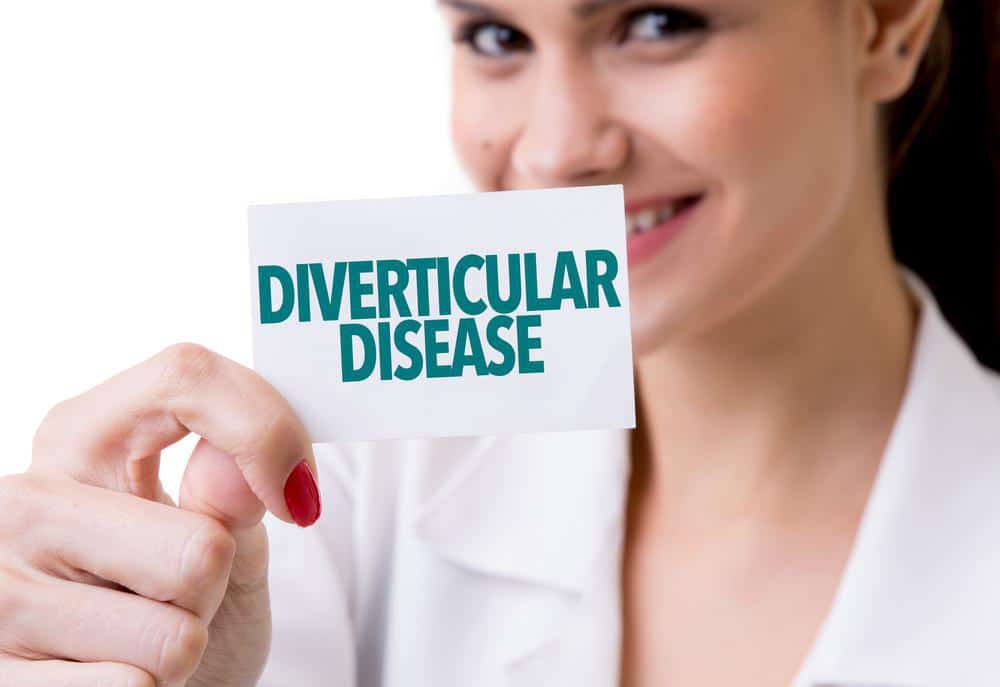
Diverticular disease refers to a condition where small pockets form in the wall of your large intestine (colon). When you have the pockets, which are called diverticula, you have diverticulosis. Sometimes the pockets become inflamed or infected, and those flare-ups are called diverticulitis — and can be incredibly painful.
The cause of this diverticular disease isn’t completely understood by researchers, but we do know that dietary habits, age, and genetic predisposition are risk factors. Signs and symptoms vary, but in general, the most common symptoms include:
- Constipation or diarrhea
- Sore abdomen
- Cramping or bloating
- Fever
- Blood in stool
- Painful bowel movements
Myth 1: Diverticulosis is the same as diverticulitis
The truth: They’re different. Diverticulosis refers to the condition of simply having the little pouches called diverticula. Diverticulitis occurs when those diverticula become inflamed or infected. In medical terminology, “-osis” refers to a medical condition, and “-itis” usually refers to an infection or inflammation.
Myth 2: If you have diverticular disease, you can’t eat popcorn
The truth: No specific foods are known to cause diverticular disease or cause flare-ups in patients who already have the condition. In the past, it was thought that popcorn could lodge into the diverticula in patients with diverticulosis — and lead to diverticulitis. However, no evidence was ever found that this is true.
Myth 3: If you have diverticular disease, you can’t eat nuts or seeds
The truth: This myth likely stems from the same thought pattern that produced the no-popcorn myth. It makes sense to think that nuts and seeds might cause inflammation of diverticula, but in reality, they’re a great source of healthy fiber — and increased fiber intake is a top recommendation for solving diverticulitis.
Myth 4: Eating red meat causes diverticular disease
The truth: Again, no specific foods are known to contribute to the formation of diverticular disease. This myth was likely formed after studies showed that vegetarians were less likely to develop diverticular disease than non-vegetarians. In general, vegetarians tend to eat more fiber than non-vegetarians, so it’s more likely that fiber is the key aspect, not red meat.
Myth 5: Diverticular disease always requires surgery
The truth: Nope. In fact, diverticulosis generally never requires treatment, and some people with diverticulosis never know they have it. Diverticulitis, on the other hand, sometimes requires treatment or surgery — but not always. If you have painful diverticulitis flare-ups often or conservative treatments don’t work very well, surgery may be an option. If this has been your experience with your diverticular disease, coming in for a consultation with Dr. Candela or Dr. Schreier can give you the answers you need.
How to deal with diverticular disease
If you have diverticular disease, whether it be diverticulosis or diverticulitis, it’s normal to feel overwhelmed by information and myths. Here at Candela and Schreier Medical Corporation, we’re dedicated to debunking myths and giving our patients the truth about medical conditions.
To learn more about diverticular disease, ask about symptoms, or learn about treatment plans, call one of our offices in West Hills or Thousand Oaks, California, or request an appointment online.

